Buy Velcade : Bortezomib 1 Mg Injection Online
$191.90
Brand Name: Velcade
Active Substance: Bortezomib
Manufacturer: Janssen Pharmaceuticals Ltd.
Strength : 1 mg
Form: Injection
Packaging: Pack of 1 Vial
Prescription Required *
Velcade is a brand name for the generic drug Bortezomib. It is an antineoplastic agent used in the treatment of multiple myeloma and mantle cell lymphoma. Velcade is available as an injection containing 1 mg of Bortezomib.
Composition:
The active ingredient in Velcade is Bortezomib, which belongs to a group of drugs called proteasome inhibitors. Each injection of Velcade contains 1 mg of Bortezomib.
Uses:
Velcade is used to treat multiple myeloma, a type of cancer that affects the plasma cells in the bone marrow. It is also used in the treatment of mantle cell lymphoma, a rare type of non-Hodgkin’s lymphoma. Velcade works by stopping the growth and spread of cancer cells in the body.
Usage and Dosage:
Velcade is given as an injection under the skin (subcutaneous injection) or into a vein (intravenous injection) by a healthcare professional. The dosage is determined based on the patient’s height, weight, and medical condition. The recommended dose for multiple myeloma is 1.3 mg/m2 twice a week for 2 weeks, followed by a 10-day rest period. For mantle cell lymphoma, the recommended dose is 1.3 mg/m2 on days 1, 4, 8, and 11 of a 21-day cycle.
Storage Conditions:
Velcade should be stored in a refrigerator at a temperature of 2-8°C. The medication should be protected from light and kept away from children.
Mechanism of Action:
Velcade works by blocking the activity of the proteasome, which is a complex of enzymes that break down unneeded proteins in the cell. The inhibition of proteasome by Velcade leads to the accumulation of unneeded proteins and the activation of cell death mechanisms in cancer cells. Velcade also inhibits the growth and survival signals in cancer cells, leading to their death.
Contraindications:
Velcade is contraindicated in patients who are allergic to Bortezomib or any of the components in the formulation. It should not be used in patients with severe peripheral neuropathy or who are pregnant or breastfeeding.
Interactions:
Velcade may interact with drugs that are metabolized by the liver, such as rifampin and dexamethasone, leading to reduced efficacy or increased toxicity. Concurrent use of Velcade and medications that can add to the risk of blood clots should be avoided.
Side Effects:
Common side effects of Velcade include nausea, vomiting, diarrhea, fatigue, fever, and muscle weakness. It may also cause peripheral neuropathy, a condition in which the nerves that carry information to and from the brain and spinal cord may be damaged and may need to be treated with other medications. Other side effects may include low blood counts, fever, dehydration, and lung-related side effects. Patients should closely monitor for any changes in their condition while using Velcade.
Be the first to review “Buy Velcade : Bortezomib 1 Mg Injection Online” Cancel reply
Related products
Anti Cancer
Anti Cancer
Anti Cancer
Anti Cancer
Anti Cancer


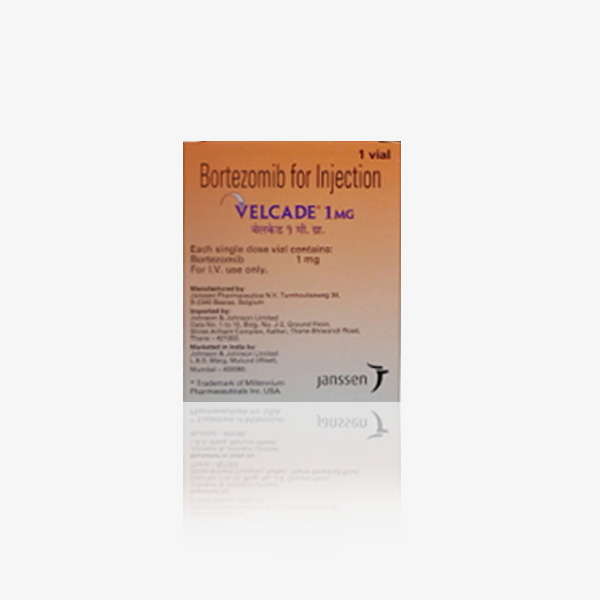

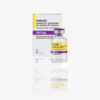
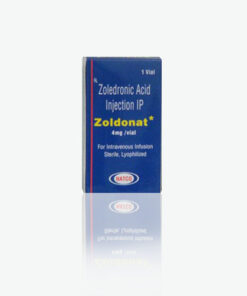
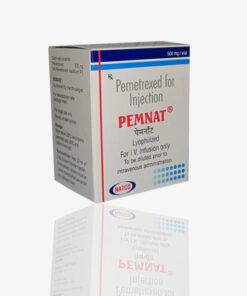
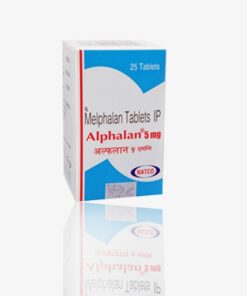
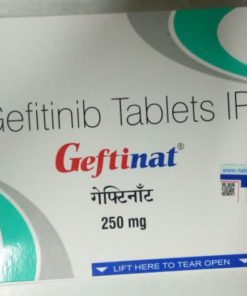
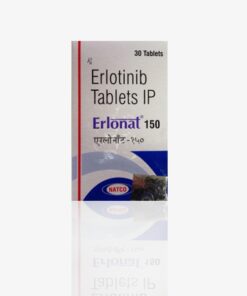
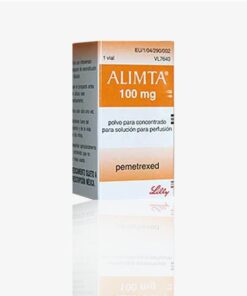
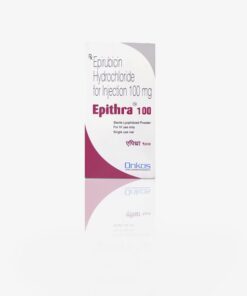
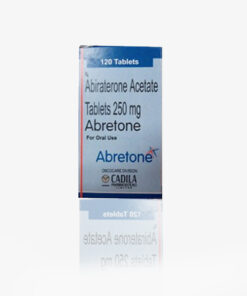
Reviews
There are no reviews yet.